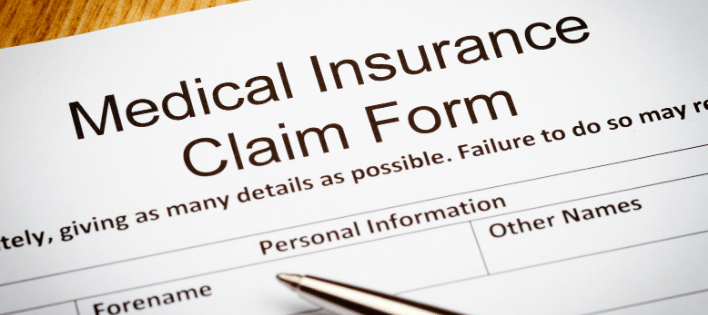Disability Benefits
In certain situations, disability benefits can be pursued and recovered retroactively.
Once you have been denied disability benefits, which might happen right at the outset or after you have received disability benefits for some time, you have a cause of action against your insurance company. If you succeed in your subsequent appeal(s) or a lawsuit against them, the insurance company will have to not only reinstate your disability benefits but to also pay you some backdated disability benefits, in particular a lump sum owed in arrears from the denial date to the date of reinstatement.
Timing Matters
There are important timelines that you must follow in order not to lose your legal right to recover disability benefits retroactively. The insurance company prescribes a time period within which you must submit your application for disability benefits. They also stipulate a time period within which you may appeal their denial. Review the policy and their denial letter in order to determine all key deadlines. Very important here is a basic limitation period under the Limitations Act, 2002, which gives you a period of only 2 years from the disability benefits denial date to commence a legal proceeding. And some insurance policies reduce it to 1 year. Missing the limitation period under the Limitations Act, 2002 might be fatal to your chances of recovering disability benefits retroactively.
If you fail to submit an application for disability benefits within the time period stipulated in the Policy, it might be advisable to still apply. The insurance company might accept your “late application” and pay you disability benefits retroactively. And if they deny your application due to a late submission, you may still have a legal recourse to recover disability benefits, both retroactively and on an ongoing basis.
Most remarkably, you may be able to recover backdated disability benefits even after your employment (which provided you with access to disability coverage) ends. In the recent court decision called MacIvor v. Pitney Bowes, 2018 ONCA 381, Mr. MacIvor sustained an injury in 2005, and then later resigned from his job and started a new job with a different employer. In 2010(!), he made an application for disability benefits to the first employer claiming that he had been continuously and totally disabled since suffering an injury in 2005. The Ontario Court of Appeal ruled that Mr. MacIvor still had disability coverage at his former place of employment because his disability claim arose as a result of an occurrence (injury in this case) that took place during his employment there. So, if you suffer an injury or become ill while you are employed (and your employer provides you with disability coverage), and then your employment gets terminated, you might still be able to successfully apply for disability benefits under the former employment’s disability policy and recover disability benefits retroactively.
Get the Help You Need
There are several scenarios under which you can recover backdated disability benefits despite missing deadlines and even after the employment through which you had your disability coverage ends. It is always advisable to consult an experienced disability lawyer for advice if you find yourself in such circumstances.















